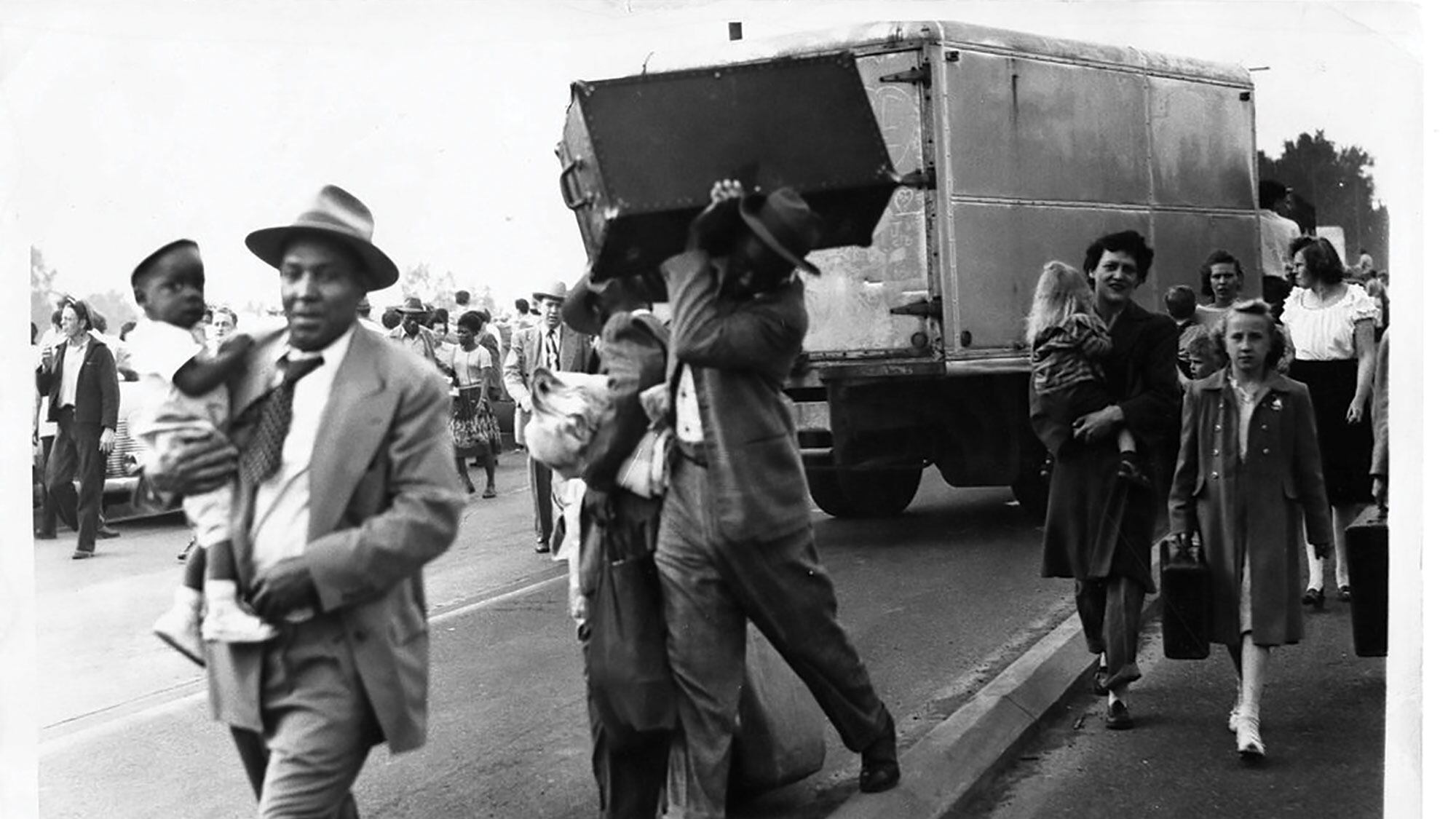It's common knowledge that Portland is the whitest major city in the country. Yet the problem with that narrative is that it fosters the notion there are no Black people here at all. Even though past eras of Oregonians sought to make that the case through black exclusion laws that forbade settlement within the state's borders, it couldn't be further from the truth.
Portland's Black community, which already deals with a past that includes everything from discrimination to gentrification to outright racism, shouldn't be forgotten, which is why the work of Vanport Mosaic has been so integral to the preservation of cultural truth. As a nonprofit focused on memory activism, the founders understand the power of a story retold, which is one of the ways the upcoming screening of the oral history documentary A Place Called Home: From Vanport to Albina should prove educational.
In essence, the film is a playlist of stories that portray life in historic Vanport—Oregon's second-largest city in the early 1940s—before it was wiped off the map in a flood, and then tracks those residents to the Albina neighborhood after the disaster. Vanport was multicultural thanks to the wartime jobs provided by the Kaiser shipyards, and this screening is part of a celebration of Black History Month.
Each narrative is specific to the teller's experience, but all of them are similar in one important way: They depict a time when Black life was thriving in the state, yet it was ignored, erased or discarded. Though vast, informational and emotional, these accounts have been packaged as short vignettes by Vanport Mosaic "story midwife" Laura Lo Forti that wouldn't necessarily be found in books.
Some of the names and faces may be familiar. One of the snippets features Myrtle Carr, an original volunteer with and staff member of the Urban League of Portland, while another showcases Kent Ford, founding member of the local Black Panther Party, who talks about charitable causes, like how Portland's was the sole chapter to offer free dental services. He also expands on the background provided in the documentary with a separate presentation prompted by questions and old photos. Other oral histories include civil rights leader and Portland NAACP member Ed Washington, onetime Oregon Senate Minority Leader Jackie Winters, and Thelma Glover, who was displaced by urban renewal efforts decades ago.
While Vanport Mosaic provides a modern platform for retelling these stories, they were already in Portland's annals. As its own community, Vanport became a nexus of hard work and diversity in a state where only one of those things was really appreciated. A Place Called Home reiterates how "home" as a word and as a concept don't necessarily have to be the same thing. Vanport and the Albina neighborhood were once home to numerous Black families just trying to live, but whether washed away by flood waters or White gentrification, the stories of those lives will always be indicative of what "home" can really mean.
SEE IT: A Place Called Home: From Vanport to Albina screens at Northwest Library, 2300 NW Thurman St., vanportmosaic.org. 6:30 pm Monday, Feb. 24. Free.

